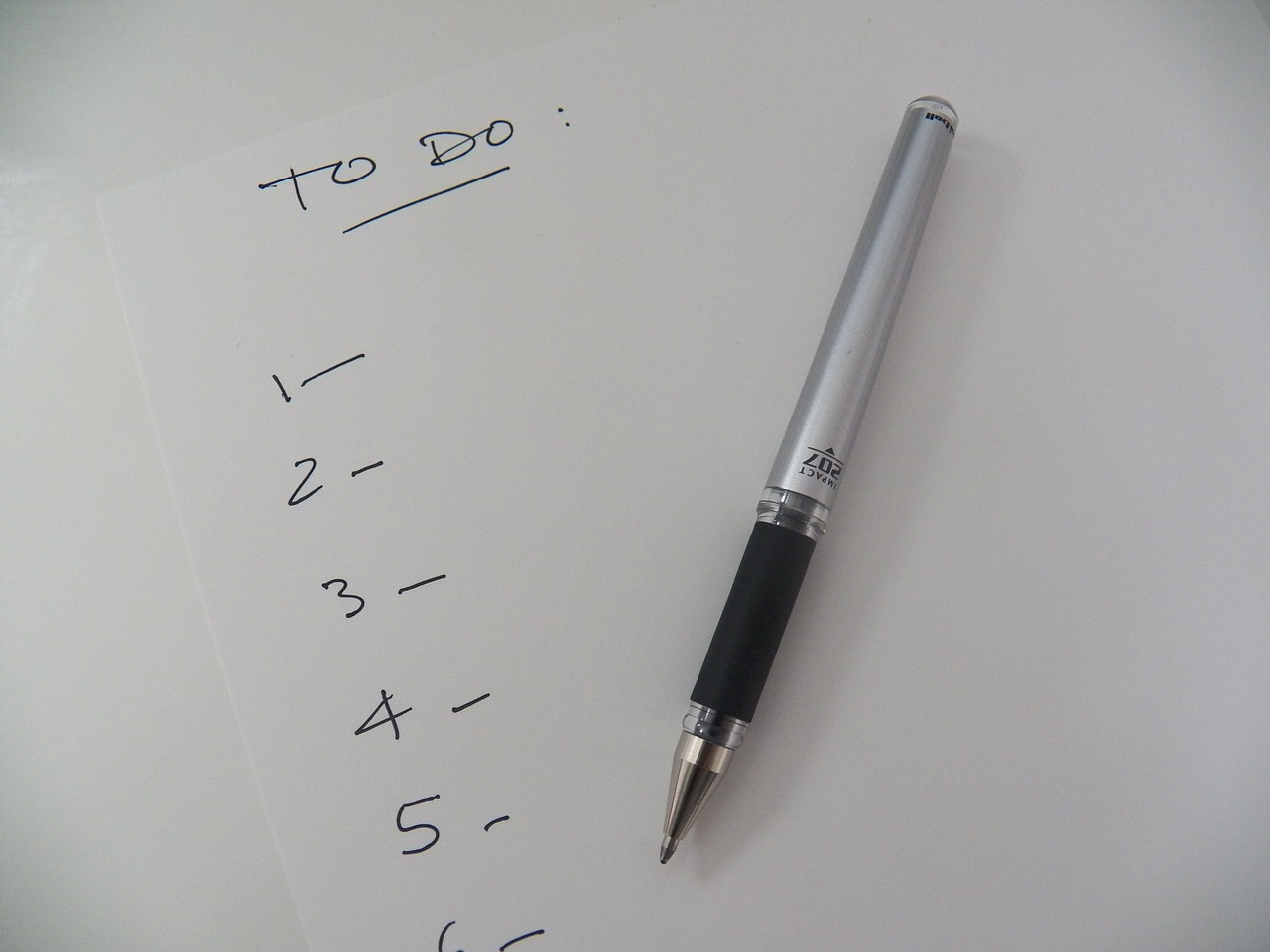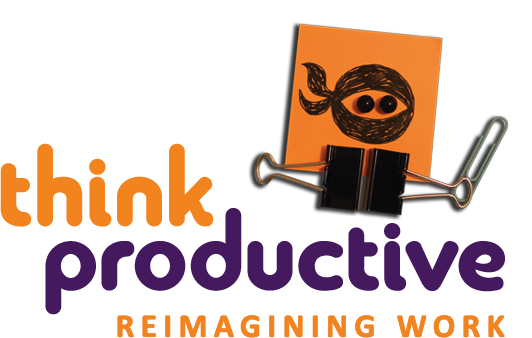5 Tips to Minimize Mistakes and Reduce Stress
It’s a never-ending cycle: You’re stressed out, so you make mistakes. Then, the mistake causes you more stress, which leads you to make another careless error. Try as you might to break out of the rut, you can’t — and you’re not alone.
In 2015, the American Psychological Association’s annual Stress in America survey revealed more and more adults were feeling “extreme stress,” and that average stress levels were slowly increasing. With that stress came increased stress-related symptoms and overall poor health caused by such a huge mental strain. Many respondents admitted to partaking in unhealthy eating habits, not sleeping well or losing patience with loved ones because of the stress, too.
But you’re here to read the positive, and there is a silver lining: By recognizing that you suffer from stress, you can do your part to reduce what’s causing you to feel it. If a string of mistakes is getting you down, you can make several moves that’ll help you improve your track record and, therefore, fight off any anxious feelings.
Here are our top five Productivity Ninja tips…
1) Slow Down
In today’s fast-paced world, it may seem as though you have to rush to meet work deadlines, get through traffic or prepare dinner for the family. You may end up saving a few precious seconds, but rushing typically ends in mistakes you’ll have to go back and remedy, thus causing you more stress — remember that endless cycle we mentioned?
So, the first thing to do to assuage your stress and cut down on mistakes is to take things at a slightly slower pace. You can still be productive, and you might just find you’re more productive if you don’t have to factor in time to go back, fix mistakes and then work ahead again.

2) Set Realistic Goals
Another key to avoiding mistakes is to make sure the goals you have set for yourself are achievable. An overloaded schedule can lead you to pick and choose what you’ll do to scrape by, and doing so will leave certain tasks incomplete and others only halfway done, or otherwise done improperly.
This is true if you’re in charge of a team, too. One of the easiest ways to cause mistakes among staff is to give them too many responsibilities and expectations. In fact, overloading is one of the main causes of data-entry errors for this reason. Since the data being logged is so important, workers in this field are often encouraged to set more realistic targets — making a mistake could completely ruin the analysis of such numbers.

3) Make a List
Sometimes, your mistakes are a result of inaction: You forget about a task and it goes unfinished, thus transforming it into a mistake down the line. An easy way to avoid the stress of such a discovery is to keep a running to-do list so you can plan your day knowing exactly what you’ve finished. Check off one task, start another (hint: mono-tasking, not multitasking) and voila: you’re on top of your to-dos without worrying you’re forgetting something.

4) Check Over Your Work, Too
Despite your best efforts, you may still find yourself rushing to complete a task. You can ease your wondering mind — “Did I make a mistake?!” — by taking a few minutes to look over a completed project to see if it’s up to snuff. Depending on the work you’ve finished, the way you review it could vary. Making sure you’ve properly composed an e-mail might require a quick skim to make sure there are no errors. Double-checking your own novel submission, though, will require you to print it out, read it out loud and ruthlessly slash words that add nothing to the story.

5) Ask for Help
Finally, if you’re stressed out, there’s no harm in asking for help. You may have to swallow your pride a bit, but, in the end, you’ll be so much happier you spoke up.

This applies to much more than a workplace assist, though admitting you’re overwhelmed is the certainly the first step in diffusing the stress you feel on the job. You might ask your spouse to pick up the kids so you have a bit of extra time to finish prepping dinner without rushing. You could rope in a friend to help you hang art in your apartment so it’s not crooked or off-center. Even having a second set of eyes look over work you’ve done is enough to reduce the mistakes you make.
In the end, your mistakes won’t ever define you. It’s how you fix them — and how you do your best to reduce the number of them — that counts. Once you find your rhythm, you’ll find it easier to avoid errors. With that will come a much less stressed-out state of being. Improved mental health, more than anything else, makes it worth taking time to cut down on the number of mistakes you make.
By Sarah Landrum
[vc_cta h2=”Before You Go… ” color=”violet” add_button=”bottom” btn_title=”Sign Up ” btn_color=”warning” btn_align=”center” btn_link=”url:https%3A%2F%2Fthinkproductive.com.au%2F||target:%20_blank|”]Are you enjoying our productivity and time management tips? Visit our homepage and sign up for our monthly newsletter and get the tips and exclusive news straight into your inbox![/vc_cta]
